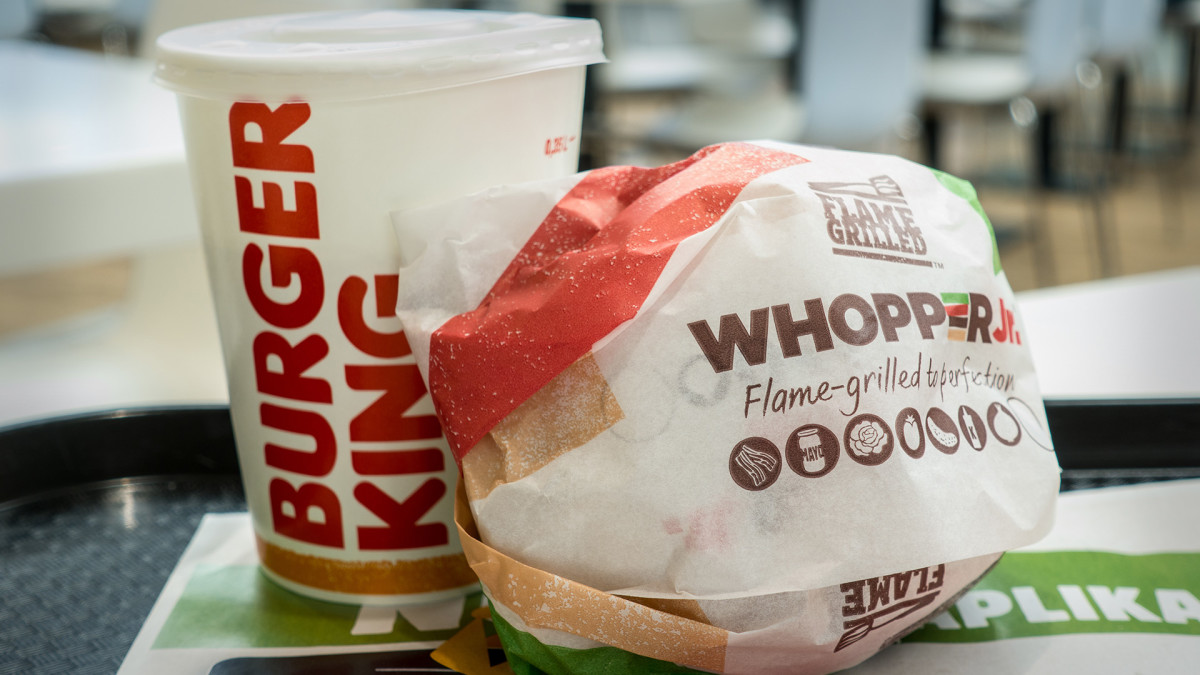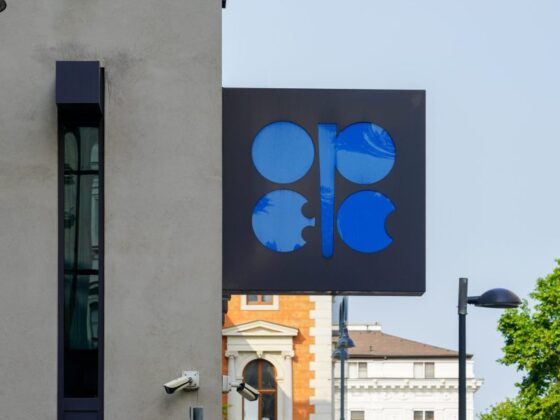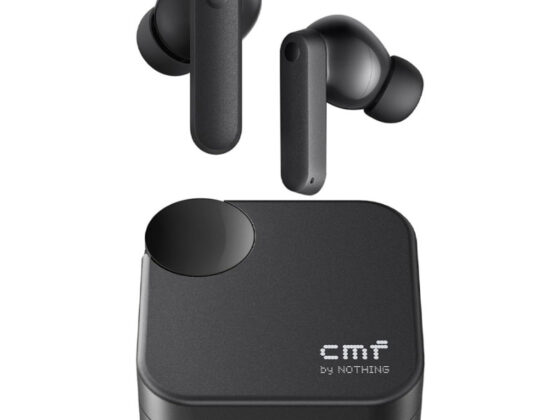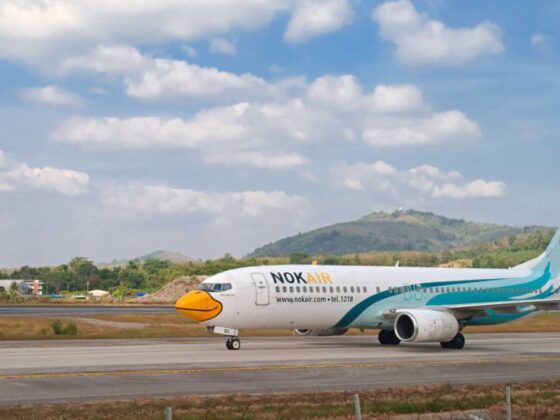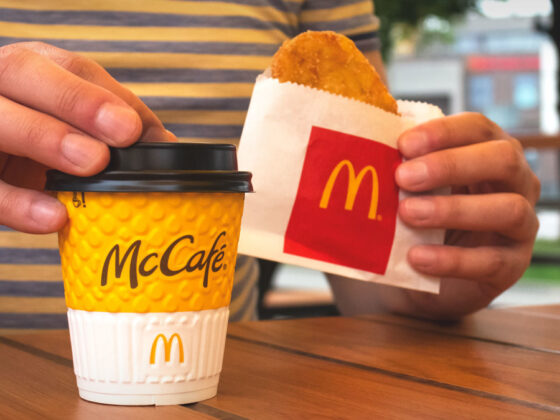Burger King has had a rough go of it recently, having suffered from multiple franchisees filing Chapter 11 bankruptcy. In a show of good faith to its other franchisees, the company bought the Carol's restaurant group, adding about 400 Burger Kings to its owned-and-operated list.
The chain expects to rehab those locations and sell them to various already-successful franchise operators.
Related: McDonald's brings back beloved Halloween menu tradition for 2025
“Our Carol's refranchising efforts are also underway. We're in the process of placing restaurants with more engaged, smaller owner operators, whether that's high-performing existing franchisees, strong new entrants, internal talent within the system ready to take on ownership,” Kobza shared during Restaurant Brands International's (QSR) first-quarter earnings call. “The team and our franchisees remain focused on navigating the current environment with discipline and doing all of the right things to build a healthier, more competitive Burger King system.”
The chain has still been struggling in its home market. Burger King U.S. saw a 1.1% decrease in comparable sales, which Kobaza called relatively flat results, adjusting for leap day.
“Burger King U.S. continued to outperform the broader burger QSR category, reflecting the ongoing progress of our “Reclaim the Flame” plan in capturing share,” he added.
Image source: Shutterstock
1. Burger King sees value as a driver
Both Burger King and McDonald's talked a lot about value during their respective earnings calls.
“This quarter, strong value offerings like the $5 duos and $7 trios were complemented by premium innovation, including the Steakhouse Bacon Whopper, which achieved one of our highest product satisfaction scores to date,” shared Kobza.
While the chain does not expect to invest more in lowering prices, it does plan to shake things up for customers.
“What I think you should expect to see from us over the course of the year…It's just continuing to refresh some of those value offerings. So we might have new promotions, like you saw us move from $5 meals to the $5 duos and $7 trios, we'll look to continue to refresh some of those mechanics and bring new ways to talk about it and new offerings to guests,” he added.
2. Burger Kings need a modern look
Burger King has invested (or plans to invest) around $400 million in restaurant remodels.
“I think we've made significant progress on operations, and we started to make progress on remodels. I would say I still think we have a long way to go. We still have a lot of remodels to get done. We've got a lot of restaurants that aren't at the modern image,” the CEO shared.
He also noted that some location also need to improve their operations.
“And while we have some, we have pockets of restaurants that have dramatically improved operations and are doing much better than the average there, we still have some pockets of operations that aren't where we want them to be, that we need to turn around,” he added.
More Restaurants
- New York just got 14 new Michelin restaurants
- Popular Mexican restaurant chain makes move for the first time
- Off-the-Las Vegas Strip vegan restaurant closes for meaty reason
Kobza also shared the revenue facts driving the remodels.
“We know modern, well-run restaurants deliver much stronger results with remodeled restaurants that achieve an A-grade generating 30% higher profitability than the system average. That's why we're going to roll out our easy-to-run kitchen upgrades over the next few years, while we are remodeling our stores to reach a consistent modern image by 2030,” he shared.
3. Burger King International may help the U.S. menu
Kobza shared some comments on the success of Burger King in the United Kingdom and Germany. That included a hint at a product offering that seems like it would have a bright future in the U.S.
“In the UK, Burger King continued to take share through growing delivery, expanded core value platforms like the £4.99 King Box and premium innovation with products like the Memphis Barbecue King double,” he added.
And, while Germany and “tortilla” seem as logical as the UK and the Memphis Barbecue King Double, both menu ideas sound like they would would fit in American stores.
“In Germany, operational improvements and product innovation, including the launch of our new Tortilla platform, helped drive both sales momentum and industry outperformance” he noted.
Burger King's comeback plan in 3 moves
- Franchise Fix: Burger King is reworking its ownership model by rehabbing company-owned stores and re-franchising them to stronger operators.
- Refreshed Value Strategy: Expect rotating $5 and $7 meal offers, with premium items like the Steakhouse Bacon Whopper driving satisfaction and traffic.
- Modernization Push: A $400 million investment in remodels and kitchen upgrades aims to boost profitability and improve the guest experience systemwide.
Burger King’s leadership sees these moves as essential to rebuilding its U.S. business and potentially bringing successful global innovations to American menus.
Related: Hershey merges two fan-favorite brands in sweet new candy mashup

